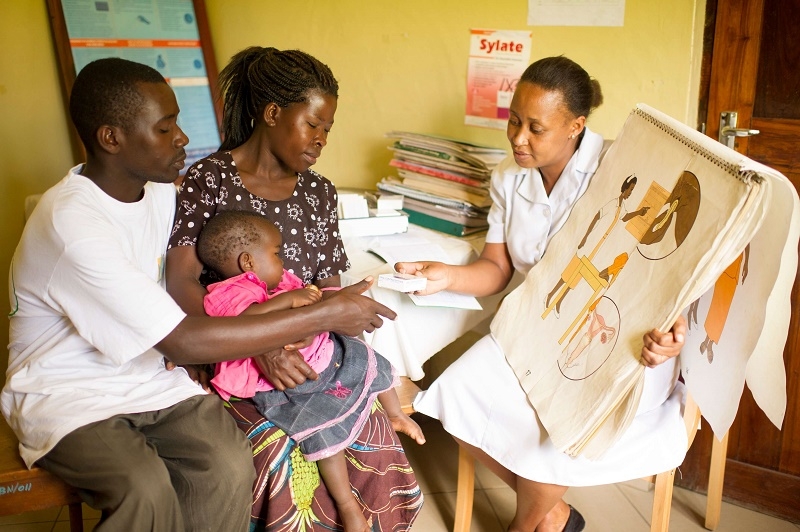
The National Population Commission, (NPOPC) has said in order to prevent unintended pregnancies, family planning contraception has the potential to reduce abortion especially unsafe ones.
In a statement made available to our correspondent by a non-governmental organisation, Development Communications (DEVCOMS), quoted the chairman, National Population Commission, NPOPC, Chief Eze Duruiheoma, as saying: “family planning is a life-saving intervention. It prevents unintended pregnancies and in turn reduces health risk at child birth and recourse to unsafe abortions.
“This type of intervention is critical in not only in normal situation but in humanitarian crises often characterised by sexual violence, intimate partner violence, child marriage and high risk behaviour such as survival, transactional and commercial sex .
Advertisement
“Universal access to voluntary family planning can reduce maternal deaths by a third, and child deaths by as much as 20 percent.”
He added that in 2016, contraceptives provided by UNFPA had the potential to prevent 11.7 million unintended pregnancies, close to 3.7 million unsafe abortions and prevent an estimated 29,000 maternal deaths, while some family planning methods such as condom help prevent the transmission of HIV and other sexually transmitted infection.
Duruiheoma further added that, “at the National level, data from the 2013 National Demographic Health Survey (NDHS) reveals that unmet need for family planning is currently 16 percent for married women. Knowledge of contraception is widespread in Nigeria, 85 percent of women and 95 percent of men report knowing about a contraceptive method.
“However, only 15 percent of currently married women use a contraceptive method, an increase of only two percentage point from the 2003 NDHS; 10 percent of currently married women report using a modern method. Injectables remain the most popular contraceptive used by 3 percent of currently married women.
Advertisement
“Private sector facilities continue to be the chief providers of contraceptive method in Nigeria; 60 percent of users of modern contraceptives method obtain them from the private sector.”


